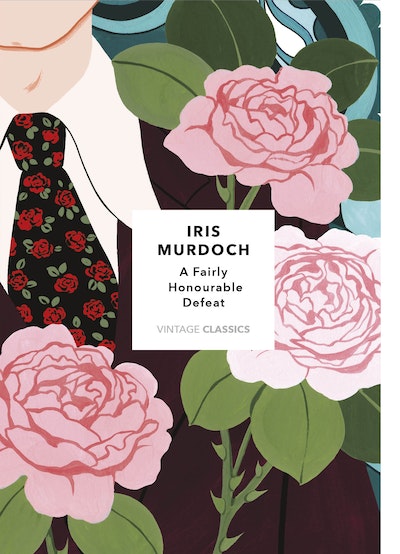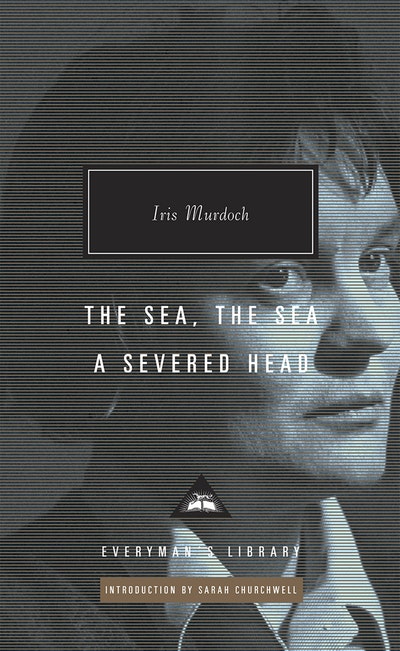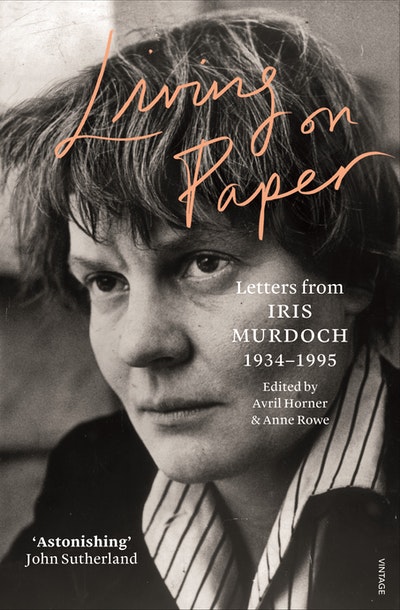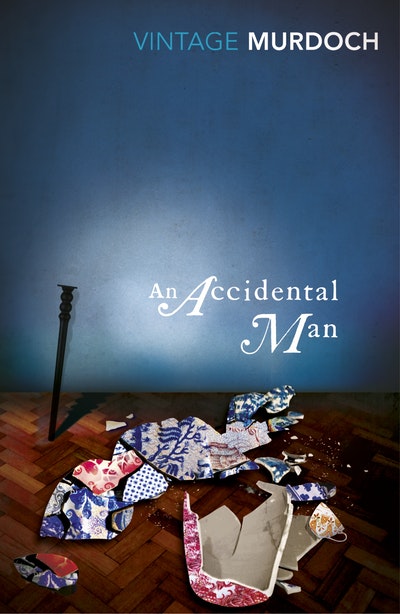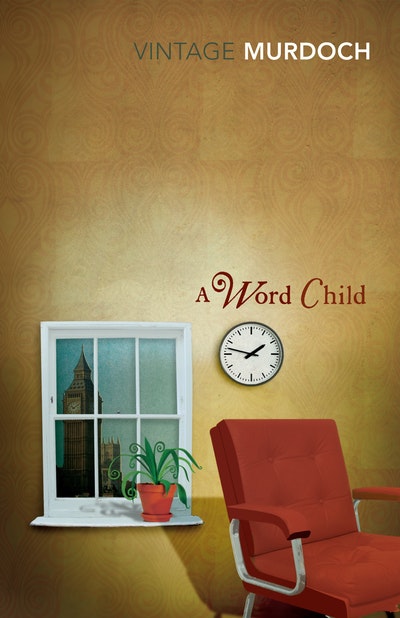A Fairly Honourable Defeat (Vintage Classics Murdoch Series)
- Published: 1 September 2010
- ISBN: 9781407074955
- Imprint: Vintage Digital
- Format: EBook
- Pages: 512
The most important novelist writing in my time
A.S. Byatt
Above all, she was a consummate story-teller, prodigiously inventive and generous, in the realist tradition of Dickens, Jane Austen, George Eliot, Henry James, Tolstoy and Dostoevsky
Independent
She could describe the ordinary and make it magical
Guardian
Her art was expansive, non-autobiographical and insistently inventive
Daily Telegraph
I was drawn to the intellectual speculation and psychological depth of Murdoch’s writing, and the experience of reading her brought the realisation that, for me, thinking would always be the greater part of reading.
Aminatta Forna
It's easy to dismiss Murdoch; she was a clever woman, after all – frumpy, odd, middle-class. What could she know of life? But read her, then tell me: who knew the human heart better?
Charlotte Mendelson, Guardian
The effect of the novels is to convey to us reality, unfolded, shaking out light and air from between its newly perceived and freed layers
Candia McWilliam
